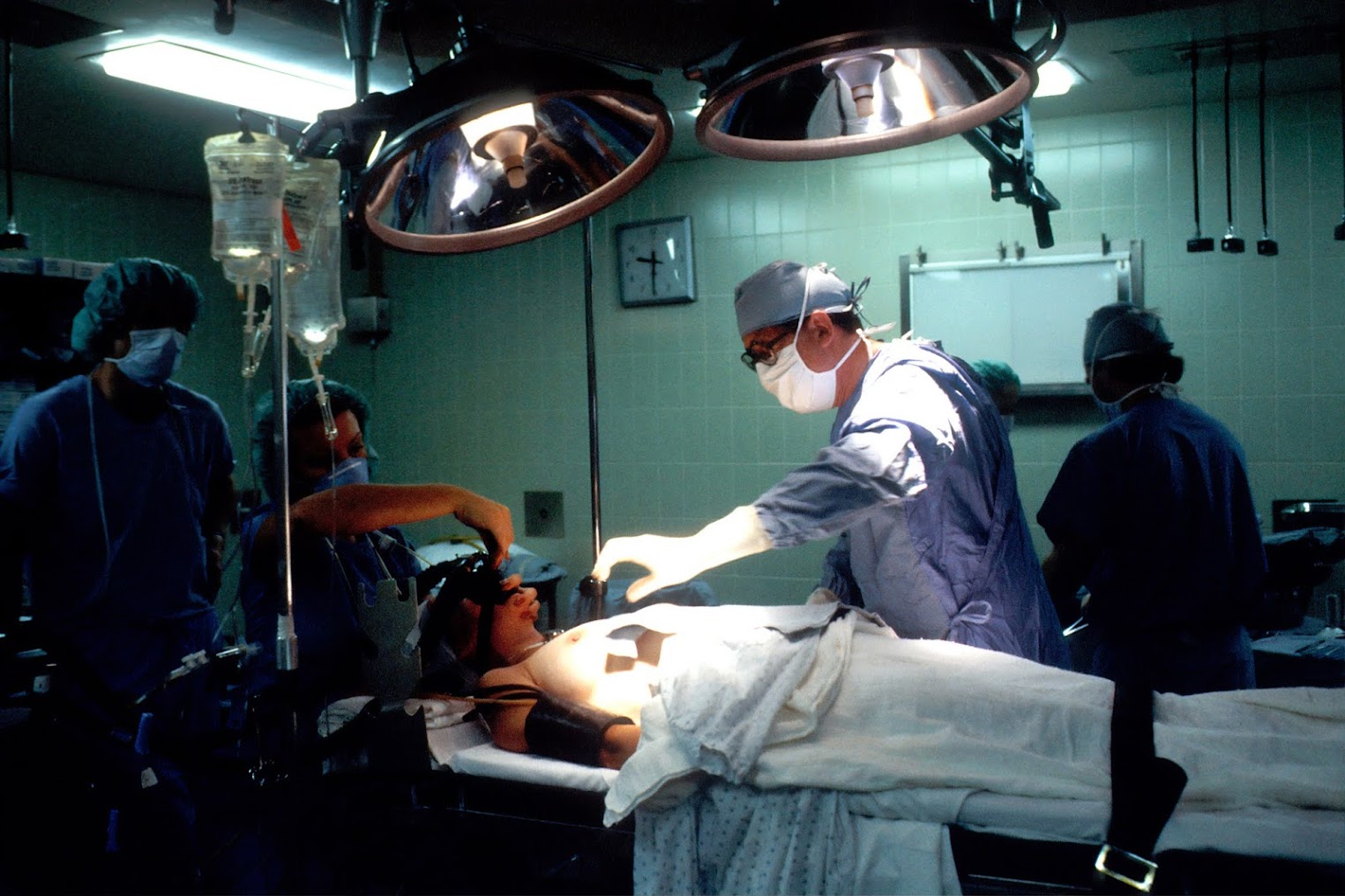How Dangerous is Nasal Polyps Surgery ?
In cases where conservative treatments don’t provide effective
relief, nasal polyps surgery may be considered. This type of
surgery is known as a polypectomy and is often performed using an
endoscope – a tube with a tiny camera that gives your doctor a detailed
view inside your nose and sinuses. During this procedure, the polyps and
any other problematic tissue can be precisely removed. Special
instruments are passed through your nostrils to perform the corrections,
so no incisions will need to be made to your face.
Nasal polyps removal may be done along with another type of surgery if other sinus or nasal-related issues are contributing to your condition. These include the following:
- Functional Endoscopic Sinus Surgery (FESS): This
surgery enlarges the drainage pathways of your sinuses and fixes any
other issues interfering with drainage, thus preventing a future
build-up of mucus.
- Balloon Sinuplasty: A tiny balloon catheter is inserted through your nostril and inflated in your sinus passageway. The passageway is gently opened and widened to restore normal sinus drainage and function, and the balloon is then deflated and carefully removed.
But ... In many cases, nasal polyps removal can be very successful and lead to a great reduction in symptoms. However, if your nasal polyps are caused by a genetic or allergic issue, the polyps may re-emerge and require repeat treatments. Under these circumstances, nasal polyp surgery can provide relief, but it may not be permanent without additional treatment in the future. In some cases, patients may experience some of the following complications:
- An impaired sense of taste or smell – Usually when the nasal passages are cleared, patients have an improved sense of smell and taste. The opposite can also sporadically occur.
- Nasal obstruction – Cartilage may move after surgery, and in rare cases, it can cause a persistent blockage. Small scar bands may also form and need to be removed.
- Numbness – Patients may feel some numbness in the front upper teeth, lip, or nose.
- Changed appearance – The septum helps form the bridge of the nose, and although it’s not common, surgery on the septum can cause a change in appearance.
- Pain and dryness – If surgery involves the reduction of nasal turbinates (structures on the side wall of the inside of the nose), some patients may feel a sensation of dryness or pain afterwards, although this is rare.
Read more : How to Cure Nasal Polyps Permanently and Naturally at Home ? ( Without Surgery)




Nhận xét
Đăng nhận xét